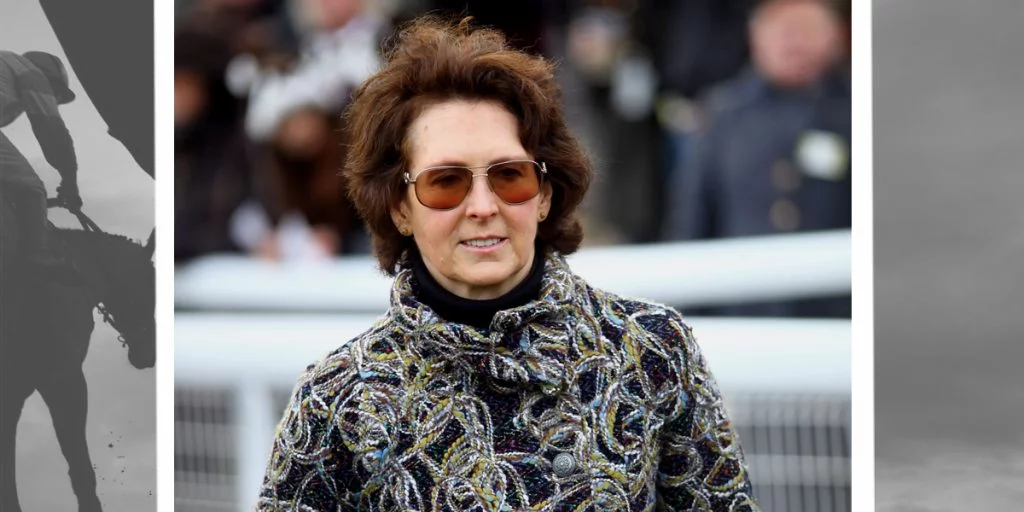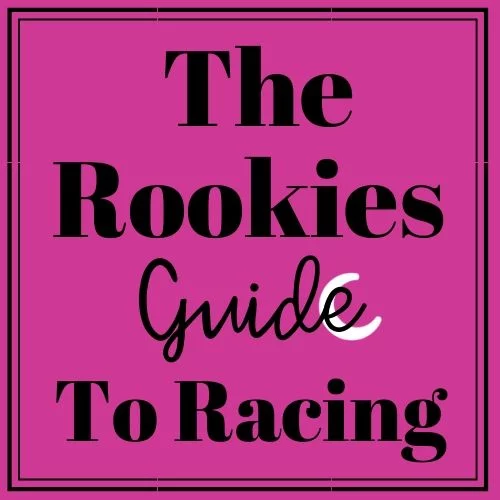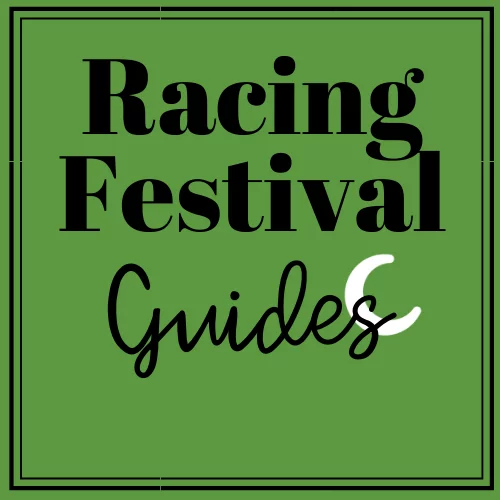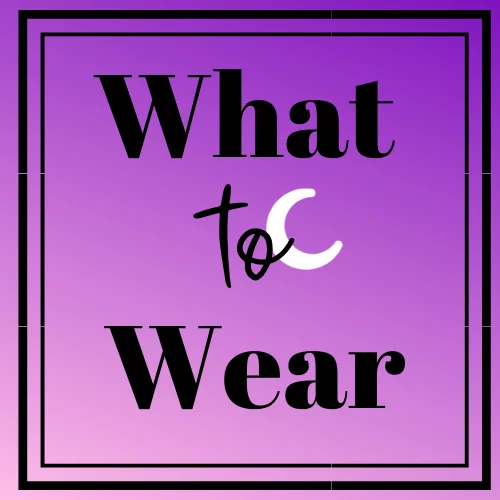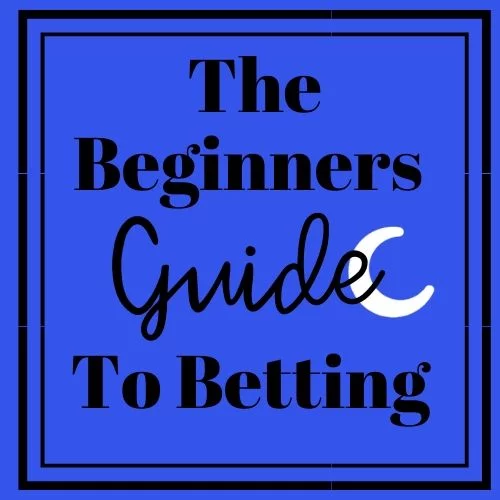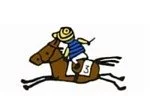Grand National runners trained by women do not these days raise an eyebrow, but it’s only a generation ago that things were very different.
The 30-year fight by the redoubtable Florence Nagle and her peers to train in their own right only saw victory in the summer of 1966 following a famous court case; before that such talented horsewomen as Nagle, Auriole Sinclair, Louie Dingwall and Norah Wilmot (whose owners included The Queen) were obliged to have their licences held in the name of their husband or even their head lad. “Women” opined the panjandrums of the Jockey Club “are not persons within the meaning of the Rules [of Racing]”.
These women, already so respected within their profession after a lifetime of success in the sport, finally succeeded in the face of concerted male prejudice which seems now quite ludicrous: as Mrs Nagle remarked, “Mrs Dingwall, Miss Wilmot and I were the ones pushing hardest against the ban. Yet a Steward told me they couldn’t risk our falling into the hands of bad men. We were all over 70 at the time.”
It’s consequently quite hard to say exactly when there were first Grand National runners trained by women. As Grand National historian Chris Pitt informed me: “It’s well known that Hart Royal, who ran in the 1957 and 1958 Nationals was trained by Rosemary Lomax, although the licence was held by her husband Ian Lomax. Likewise in 1965 Nedsmar was trained by Mrs Eden Graham (nee Pearson), although the licence was registered in the name of her husband Bob Graham. Steel Bridge, who finished second in 1969, was unofficially trained by Rosemary Lockhart-Smith, although the horse appeared in the papers with Lt-Cmdr R A Lockhart-Smith as the trainer.”
Pitt therefore nominates Petruchio’s Son as the first official first Grand National runner to appear with a woman’s name as the trainer: Miss Susan Morris’s charge finished 11th in 1973, the year in which hot favourite Crisp was collared on the line by the little-known Red Rum.
These days, with women trainers such as Henrietta Knight, Emma Lavelle, and Venetia Williams (who won the 2009 Grand National with Mon Mome; pictured courtesy of Sara Waterson), as well as Jessica Harrington in Ireland competing regularly at the top level, there is far less pressure on them to out-perform their male colleagues than there was even thirty years ago. It was very different for Jenny Pitman.
Read more about Jenny Pitman – click here
Read more about Venetia Williams – click here
By Sara Waterson, 2009
Allison is the Publisher of Eclipse Magazine. She loves going to the Races and is learning to bet (despite being officially the worst bettor in the History of the Universe), there’s a lot more to learn…

